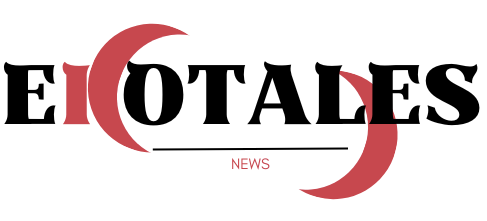The idea of a “smart home” has come from science fiction to reality as we live in a fast-paced, technologically advanced world. We can now have a home where our lights adjust automatically to match our mood, our thermostat learns our preferences, and our security system alerts us to potential threats—all controlled from the palm of our hand. This is the world of IoT technology in real estate, where homes are becoming smarter, more efficient, and more connected than ever before.
At the heart of the smart home revolution lies the Internet of Things (IoT), a network of interconnected devices embedded with sensors, software, and other technologies that enable them to communicate and exchange data. From smart thermostats and lighting systems to voice-activated assistants and security cameras, IoT devices are transforming the way we interact with our living spaces, making them more intuitive, responsive, and energy-efficient.
One of the most significant benefits of IoT technology in real estate is its ability to enhance convenience and streamline everyday tasks. For example, as we arrive home from work and have our smart thermostat adjust the temperature to our preferred setting automatically. Or picture being able to control your lights, locks, and appliances with simple voice commands using a smart speaker like Amazon Alexa or Google Assistant. These are just a few of the ways that IoT devices are making our lives easier and more convenient.
But convenience is just the tip of the iceberg when it comes to the potential benefits of IoT technology in real estate. Another major advantage is improved security and safety. Smart home security systems, equipped with sensors, cameras, and alarms, can provide round-the-clock monitoring and alerts for potential threats such as intruders, fires, and floods. With remote access capabilities, homeowners can keep an eye on their property from anywhere in the world, giving them peace of mind and confidence in their home’s security.
Energy efficiency is another area where IoT technology is making a significant impact in real estate. Smart thermostats, for example, can learn your heating and cooling preferences over time and adjust your home’s temperature accordingly, helping to reduce energy waste and lower utility bills. Similarly, smart lighting systems can automatically adjust brightness levels based on natural light conditions and occupancy patterns, further optimizing energy usage and reducing environmental impact.
Looking ahead, the possibilities for IoT technology in real estate are virtually limitless. From personalized home automation solutions to immersive augmented reality experiences that allow buyers to visualize properties before they’re built, the future of smart homes is full of exciting possibilities. By embracing IoT technology and staying ahead of the curve, homeowners, real estate developers, and investors can unlock new opportunities for efficiency, convenience, and sustainability in the homes of tomorrow.


